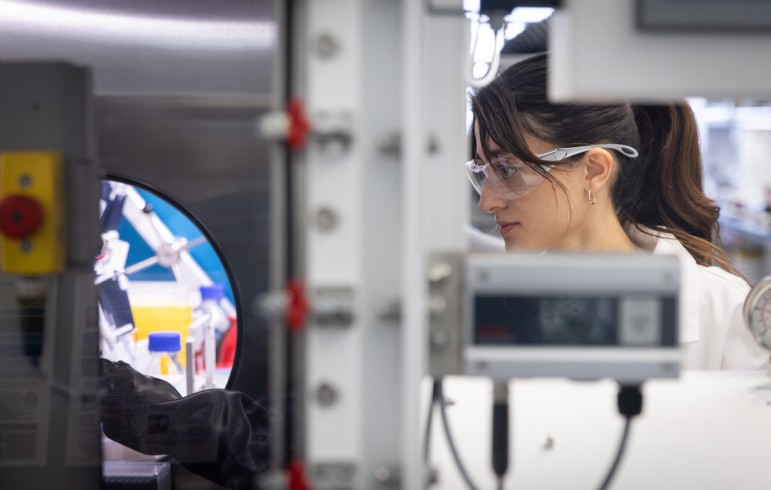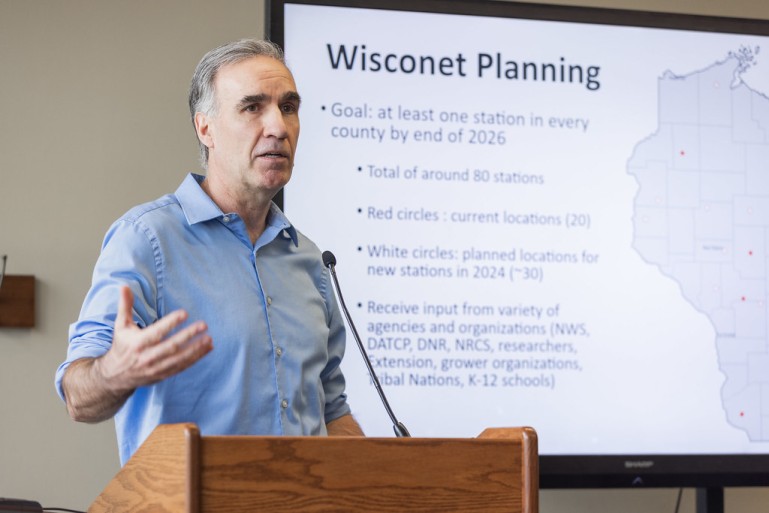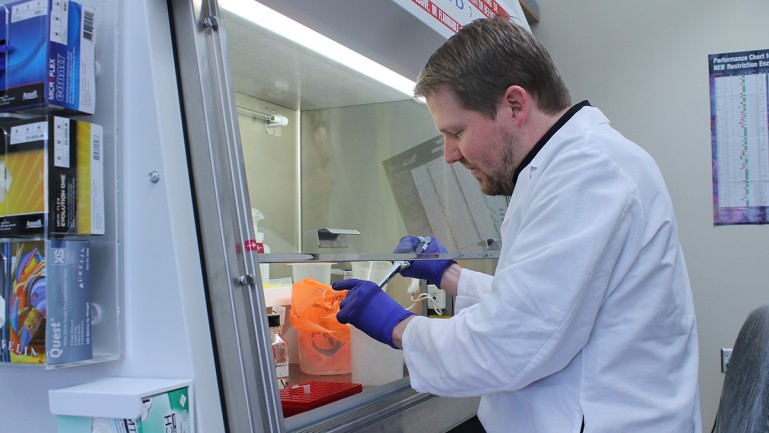To tackle what many consider the next frontier in biofuels research, the Great Lakes Bioenergy Research Center (GLBRC) recently joined forces with the Joint BioEnergy Institute (JBEI) in Emeryville, California. The focus of their collaboration?
I recently received two post cards—one from Vienna and one from Paris—each of them about increasing innovation in the energy sector. But seeing them also reminded me of this: new ideas are easy to stop, difficult to stimulate.
A six-year Great Lakes Bioenergy Research Center (GLBRC) study on the viability of different bioenergy feedstocks recently demonstrated that perennial cropping systems such as switchgrass, giant miscanthus, poplar, native grasses, and prairie can yiel
Today, the Wisconsin Alumni Research Foundation (WARF) announced a $20 million grant to the University of Wisconsin–Madison, including $3.5 million to advance energy research and
The University of Wisconsin-Madison and ExxonMobil have announced a two-year agreement to research the fundamental chemistry of converting biomass into transportation fuels.
About 500 years ago, the accidental natural hybridization of Saccharomyces cerevisiae, the yeast responsible for things like ale, wine and bread, and a distant yeast cousin gave rise to lager beer.
Not so long ago, most of us knew that the electricity powering our homes was generated at a power plant down the road and travelled through transmission lines to get to our kitchens and living rooms. The local utility provided the power and we paid the bill.



